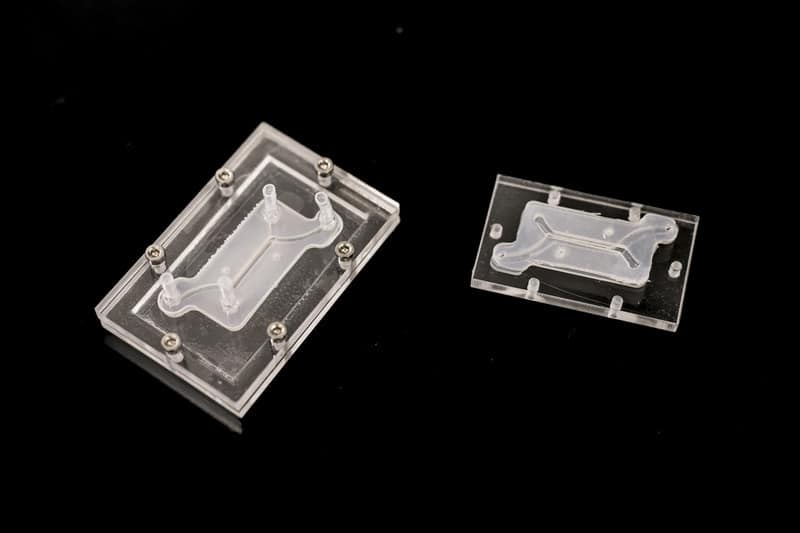This summer, University of Delaware biomedical engineering senior Victoria McKeown got hands-on research experience in Professor Jason Gleghorn’s lab, where she helped develop tiny “organ-on-a-chip” devices to better understand how diseases progress and how drugs move through the female reproductive system. Her work included 3D-printing the chips, running fluid simulations, and testing them with cells and collagen to see how well they mimic real tissue. Beyond the lab, this technology has the potential to accelerate the development of new treatments, improve drug testing, and ultimately lead to better health outcomes for women and families. McKeown was drawn to the lab’s mission to improve women’s, maternal-fetal, and reproductive health—areas that often don’t get enough attention in research. This project is supported by the National Science Foundation’s Accelerating Research Translation (ART) program at UD (Grant No. 2331440). Read the full story on UDaily here.
